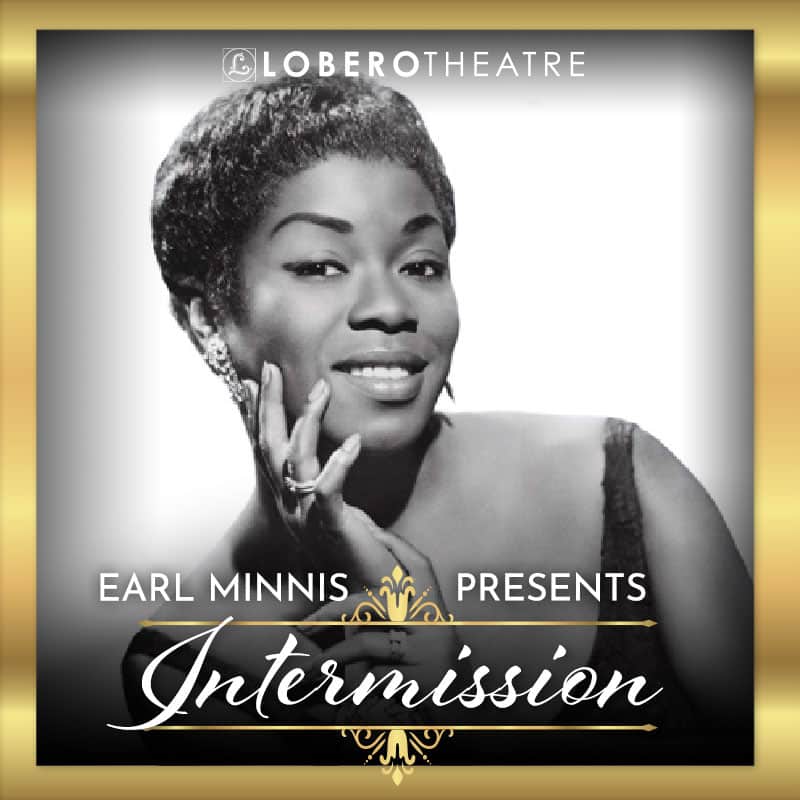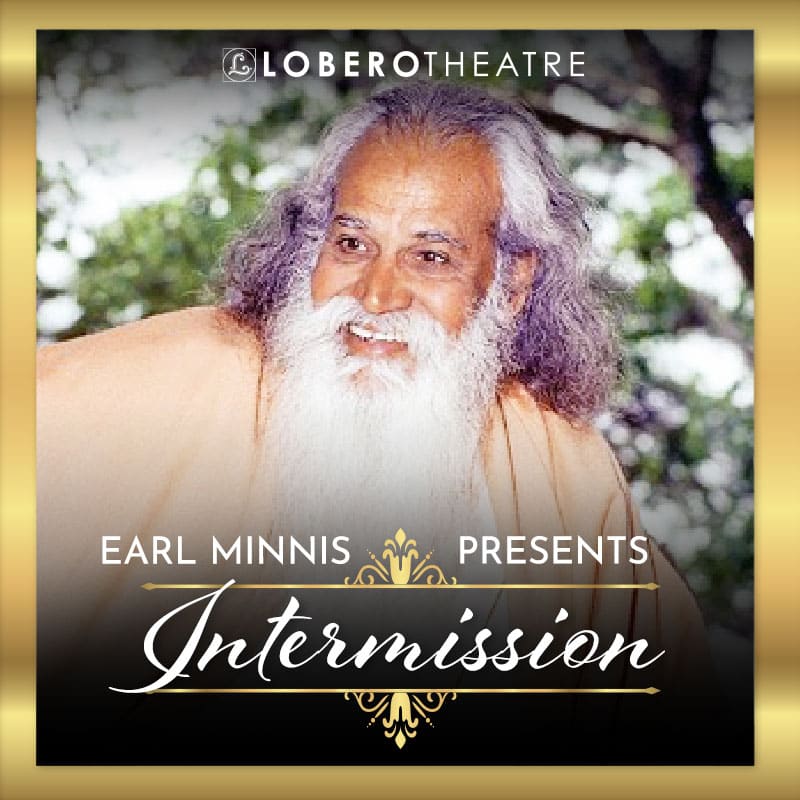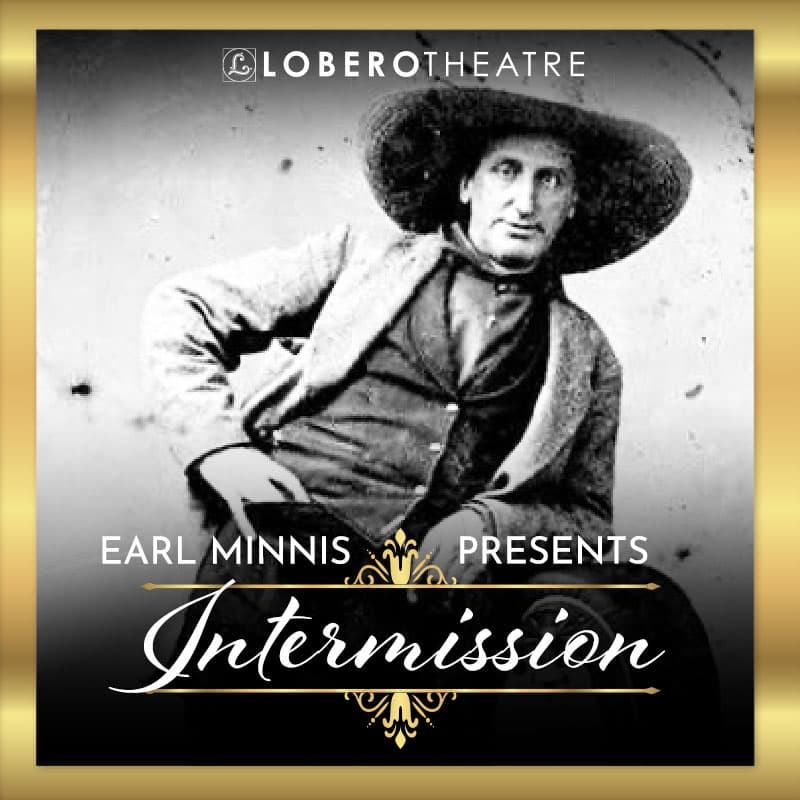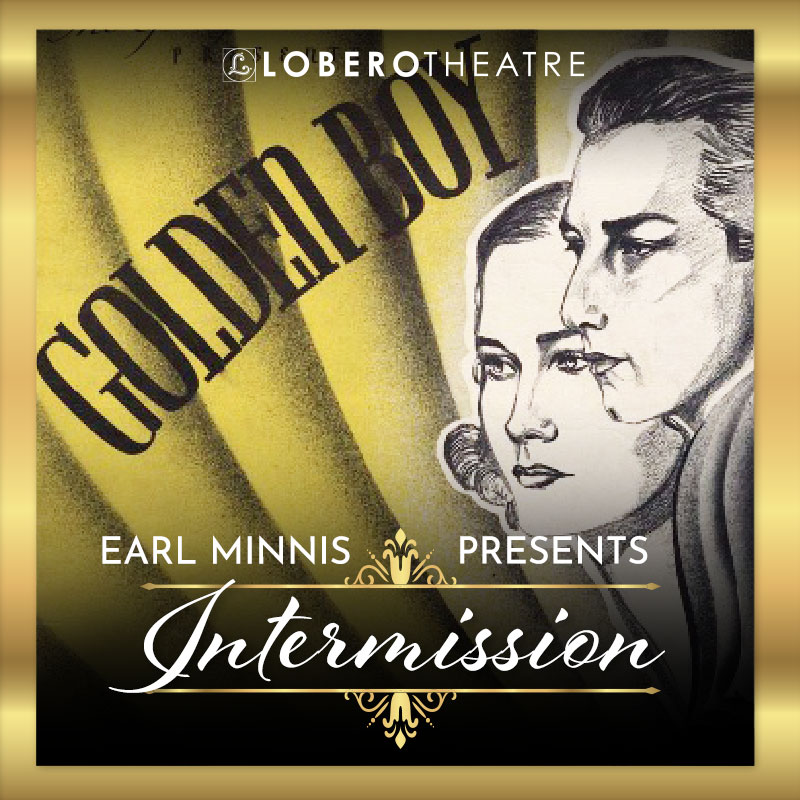On Saturday evening, September 8, 1962, jazz singer Sarah Vaughan stepped onto the Lobero stage.
Almost exactly 20 years earlier, her career had begun on a dare when she had entered an amateur singing contest at the legendary Apollo Theater in Harlem – and won first place. The prize was the opportunity to appear in a one week show with her idol Ella Fitzgerald. From that auspicious beginning, Vaughan had built a career as one of the most acclaimed singers of the 20th century.
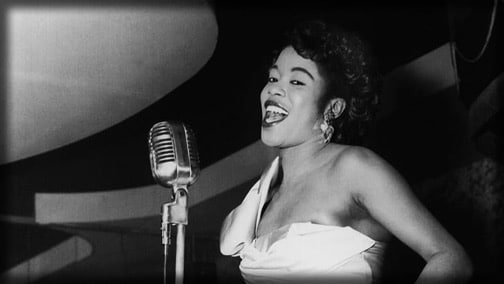
Sarah Vaughan was born in Newark, New Jersey in 1924. She began taking piano lessons at the age of seven, sang in a church choir, and in her teens dropped out of high school to concentrate on music. When she was 18 years old a friend dared Vaughan to enter the Apollo Theater Amateur Night contest, and she had sung the jazz standard “Body and Soul” and won. A month later, she was invited back to the Apollo to be the opening act for the 25-year-old Ella Fitzgerald.
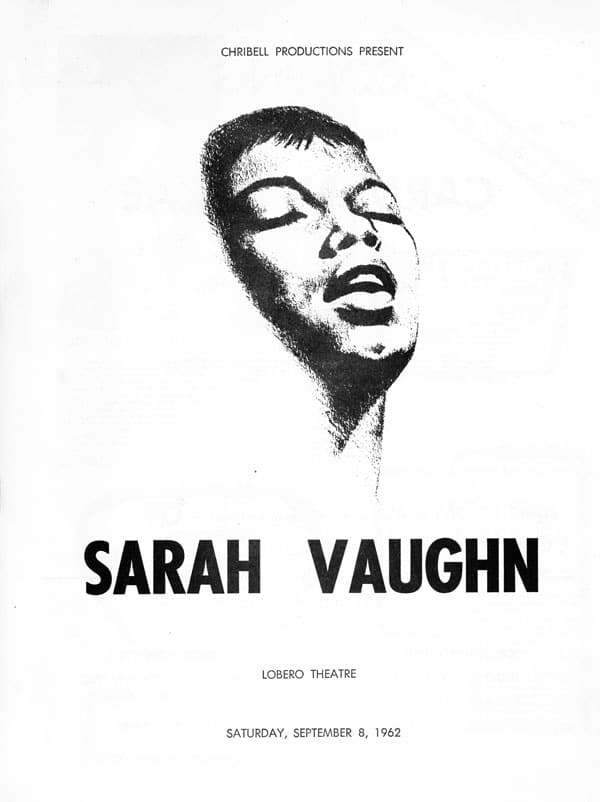
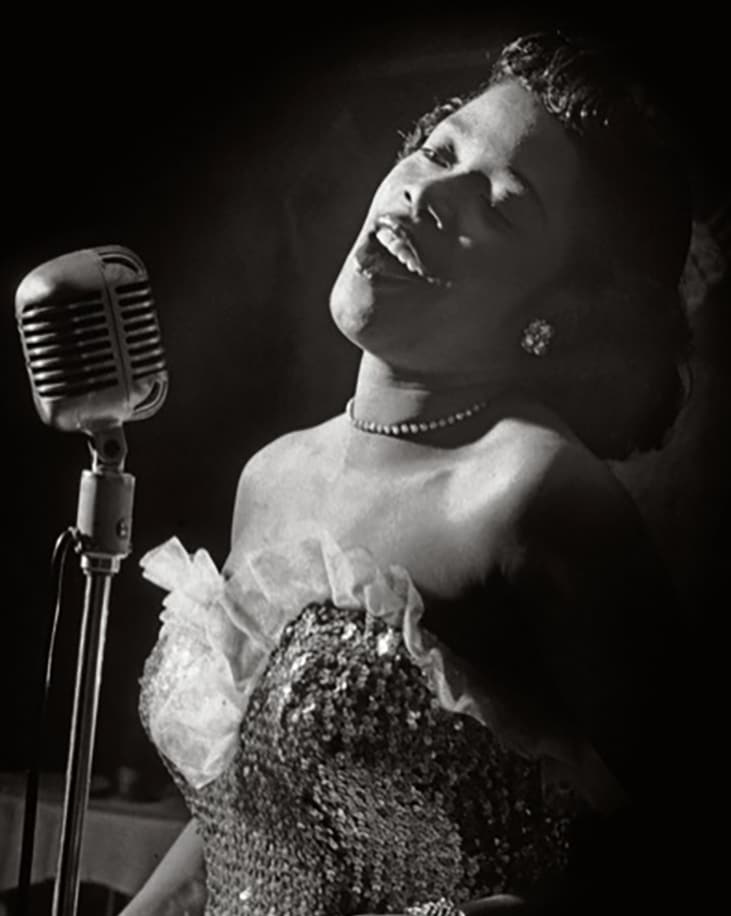
Sarah Vaughan’s career spanned nearly 50 years, and she is often mentioned alongside her contemporaries Ella Fitzgerald and Billie Holiday as being one of the greatest jazz singers of all time. Vaughan didn’t like being labeled as simply a jazz or blues singer. However, one label that music historians have consistently used to describe her vocal style is “bebop.” Ella Fitzgerald was the “Queen of Swing,” Billie Holiday was the “Queen of Blues,” and Sarah Vaughan was the “Queen of Bebop.”
Bebop was a style of jazz that developed in the early 1940s as a reaction to dance-oriented big band swing music. Bebop wasn’t intended for dancing and featured complex chord progressions and improvisation. As explained by Wikipedia, bebop
“seemed jarringly different to the ears of the public, who were used to the bouncy, organized, danceable compositions of Benny Goodman and Glenn Miller during the swing era. Instead, bebop appeared too sound racing, nervous, erratic, and often fragmented. But to jazz musicians and jazz music lovers, bebop was an exciting and beautiful revolution in the art of jazz.”
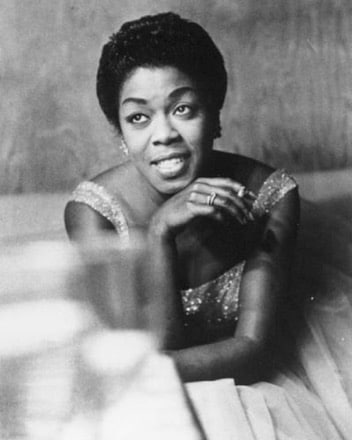
Sarah Vaughan was the winner of four Grammy® Awards, including the Lifetime Achievement Award. Her wondrous voice influenced countless other singers, and defied adequate description except by the most adjective-blessed writers. In her obituary, The New York Times wrote that she “had a chocolate-mousse contralto that dipped into bass territory and soared to birdlike highs. Vaughan improvised extravagantly melodic lines; she heard all the harmonic choices in a chord and breezed through them at will. Her voice had the textures and colors of an orchestra. And she swung.”
Sources:
- https://en.wikipedia.org/wiki/Sarah_Vaughan
- https://en.wikipedia.org/wiki/Bebop
- https://www.nytimes.com/1990/04/05/obituaries/sarah-vaughan-divine-one-of-jazz-singing-is-dead-at-66.html
Video:
